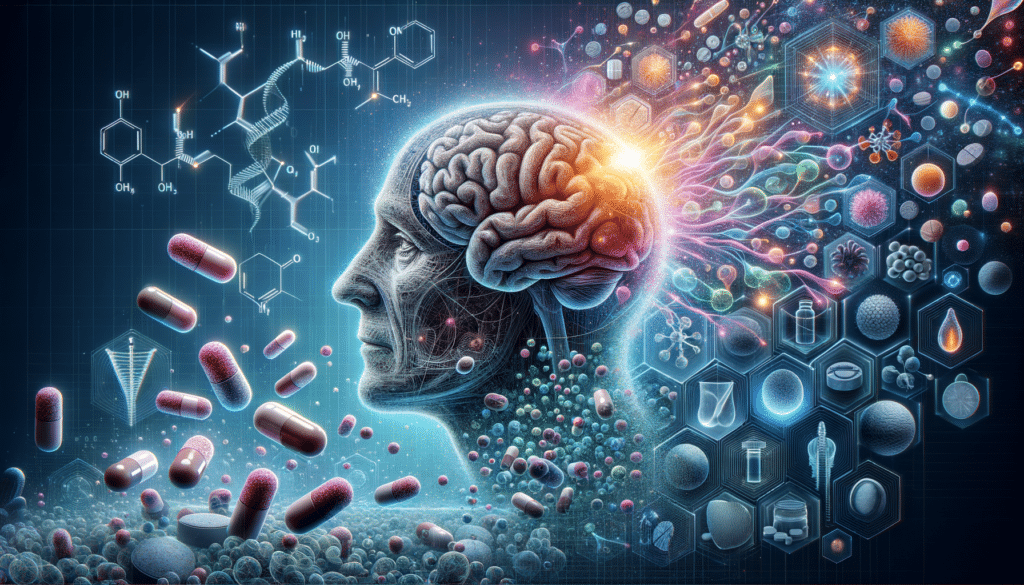Introduction to Alzheimer’s Disease
Alzheimer’s disease is a progressive neurological disorder that affects millions globally. It is the most common cause of dementia among older adults, leading to memory loss and cognitive decline. As the population ages, the prevalence of Alzheimer’s is expected to rise, making it a significant public health issue. Understanding the early signs and treatment options is essential for individuals and families affected by the disease.
Recognizing the Early Signs of Alzheimer’s
The early signs of Alzheimer’s can be subtle and often mistaken for normal aging. However, early detection is vital for managing the disease effectively. Some common early signs include:
- Memory Loss: Forgetting recently learned information, important dates, or events.
- Difficulty in Planning or Solving Problems: Challenges in developing and following a plan or working with numbers.
- Confusion with Time or Place: Losing track of dates, seasons, and the passage of time.
- Misplacing Things: Placing items in unusual places and being unable to retrace steps to find them.
- Changes in Mood and Personality: Experiencing mood swings, becoming confused, suspicious, or anxious.
Recognizing these signs early can lead to timely medical intervention and support, potentially slowing the progression of the disease.
Diagnosis and Medical Evaluation
Diagnosing Alzheimer’s involves a comprehensive medical evaluation. Doctors use a combination of tests and assessments to determine the presence of the disease. These may include:
- Cognitive Tests: Assessments to evaluate memory, problem-solving, attention, and language skills.
- Neurological Exams: Tests to assess reflexes, coordination, balance, and sensory function.
- Brain Imaging: MRI or CT scans to detect brain changes associated with Alzheimer’s.
- Blood Tests: To rule out other potential causes of symptoms.
Early diagnosis allows for better planning and management of the disease, offering patients and families a chance to explore treatment options and support services.
Treatment Options for Alzheimer’s
While there is currently no cure for Alzheimer’s, various treatment options can help manage symptoms and improve quality of life. These include:
- Medications: Drugs such as cholinesterase inhibitors and memantine can help manage cognitive symptoms.
- Therapies: Cognitive stimulation therapy and reminiscence therapy can support memory and cognitive function.
- Lifestyle Changes: Engaging in regular physical activity, a healthy diet, and social interaction can have a positive impact.
- Support Services: Access to counseling, support groups, and respite care for caregivers.
Combining these approaches can help individuals with Alzheimer’s maintain their independence and quality of life for as long as possible.
Living with Alzheimer’s: Support and Care
Living with Alzheimer’s requires a supportive environment and comprehensive care. Families and caregivers play a crucial role in providing daily assistance and emotional support. Key aspects of care include:
- Creating a Safe Environment: Modifying the home to prevent accidents and ensure safety.
- Establishing Routines: Maintaining consistent daily routines to reduce confusion and anxiety.
- Encouraging Engagement: Participating in activities that promote mental and physical well-being.
- Seeking Professional Help: Accessing healthcare professionals and support networks for guidance and assistance.
Support groups and community resources can provide valuable assistance to both patients and caregivers, fostering a sense of community and understanding.
Conclusion
Alzheimer’s disease presents significant challenges, but early detection and a comprehensive approach to treatment and care can make a meaningful difference. By recognizing the early signs and exploring available treatment options, individuals and families can navigate the journey with greater understanding and support. As research continues, there is hope for advancements in the management and potential prevention of Alzheimer’s in the future.





